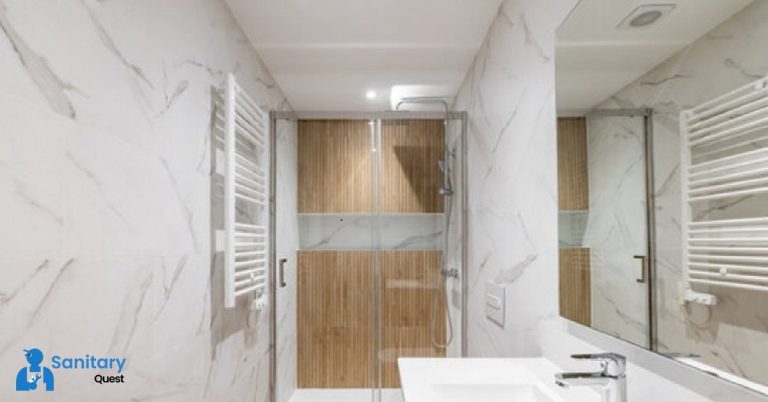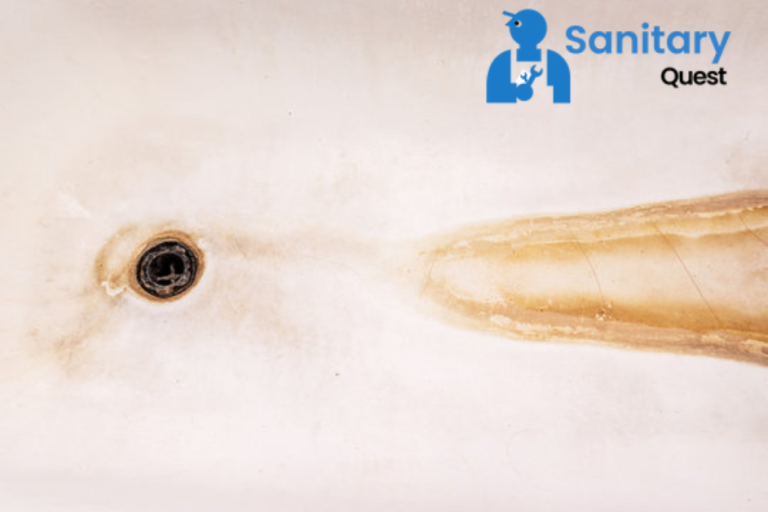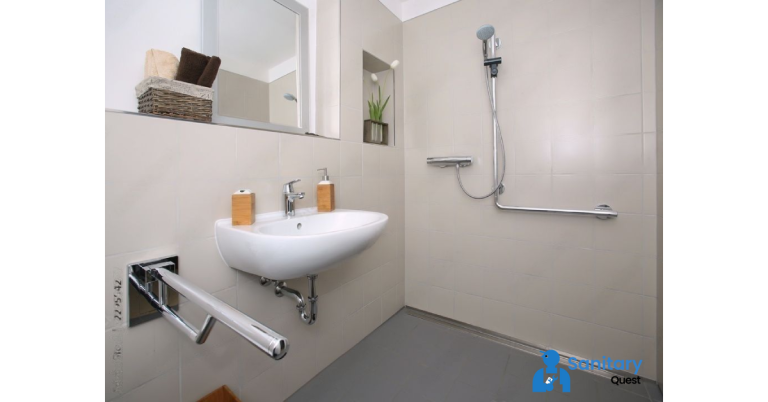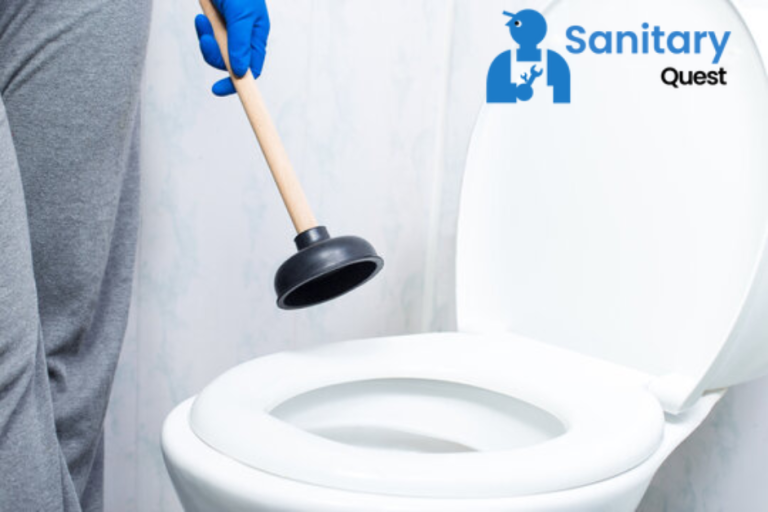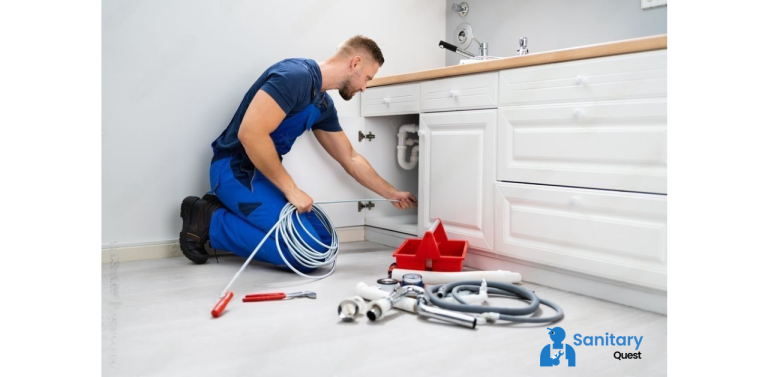Is There an Energy Efficient Temperature Setting for My Hot Water Heater?
Where should the temperature of your water heater fall for optimal performance? The Environmental Protection Agency (EPA) recommends maintaining a temperature of 120 degrees, as this is sufficient for disinfection without being too hot to be safe. If you have a small family, you can probably get by with the 120-degree setting, which is also relatively energy-efficient. The best setup for you, however, may vary depending on a variety of factors. Here are a few things you can do to make sure your hot water heater is in the right setting for your home and your family.
Start by Finding Your Current Temperature Setting
Before you adjust the temperature on your hot water heater to one that is more energy efficient, you should first know what the current temperature is. If your unit has a dial, you should be able to determine the temperature setting that is currently active on your existing water heater by glancing at the dial. In that case, you can use a standard thermometer found around the house to take a reading of the temperature directly from the faucet. To accomplish this, first let the hot water tap run for a few minutes after turning it on, and then take the temperature of the water. A more precise reading of the temperature will result from allowing the water to run freely.
Factors that Could Affect Your Hot Water Heater Setting
No matter what kind of plumbing you have in your home (PEX, PVC, or copper), how your water is heated (gas or electric), or even if your water heater is tankless, if you turn the thermometer on your water tank down by 10 degrees, you can save 3–5% on your monthly energy bill. This is true regardless of the type of plumbing you have in your home (to a minimum setting of 120 degrees). This has the potential to result in significant annual cost reductions for a family’s energy consumption. If you are unsure what temperature is best for you, set your water heater to 120 degrees and gradually raise the temperature setting until you get the ideal temperature for your shower. If you are unsure what temperature is best for you, set your water heater to 120 degrees. However, before you make any adjustments to the temperature settings, there are a few factors you should take into consideration first:
- Keeping the temperature in the house at around 120 degrees is advised for homes with small children. It only takes two seconds for a child to acquire third-degree burns from water that is 150 degrees, and five seconds at 140 degrees, the setting at which the vast majority of hot water heaters leave the factory, as stated on the website BabyCenter.com (These are the temperatures at which most hot water heaters leave the factory).
- If a member of your family has a compromised immune system or a respiratory ailment, or if your dishwater does not pre-heat the water, it is not suggested that you lower the temperature of your water heater to an energy-efficient level in order to save money on your utility bills. In circumstances like these, the optimal temperature for your water heater is 140 degrees Fahrenheit.
- It is strongly recommended that the temperature of your hot water never drop below 120 degrees. Even while some homeowners may believe that doing so will make their heater, even more, energy efficient, keeping the temperature at such a low level might allow hazardous bacteria to accumulate and spread throughout your system.
- It is time to arrange servicing for your hot water heater if it does not give an acceptable amount of hot water, if it takes a longer period of time to heat water if it leaks or makes noise, or if any of these things occur. In these kinds of circumstances, the best course of action is to call a professional rather than attempting to make adjustments to your heater on your own.
Still, Have Questions?
Finding the optimal setting for your water heater’s temperature can take some time and effort on your part. But if you are having other problems, such as your water heater not getting hot enough no matter what setting it is on, or if you want to discuss different possibilities for hot water heaters that are more energy efficient, sanitary Quest may assist you. In addition to assisting you in resolving any issues that may arise, we are able to assist you in determining the temperature that will provide the greatest savings in terms of energy for you and your family. Our professional sanitary quest service will assess your problem and present you with the solution that offers the greatest likelihood of success given your circumstances.
FAQs
Q1: What is the ideal temperature for a hot water heater to save energy?
The ideal temperature for a hot water heater to balance energy efficiency and comfort is typically around 120 degrees Fahrenheit (49 degrees Celsius). This temperature is considered safe for most uses, minimizing the risk of scalding while also reducing energy consumption. Setting the water heater to this level helps conserve energy by not overheating the water.
Q2: What is the optimal temperature to set the hot water heater?
The ideal temperature to set a hot water heater for a balance between safety and energy efficiency is around 120 degrees Fahrenheit (49 degrees Celsius). This temperature makes water warm enough for many things and keeps it safe, using less energy too.
Q3: How can I make my water heater more energy-efficient?
You can enhance the energy efficiency of your water heater in a few simple ways. Insulating the hot water pipes helps retain heat, reducing the loss of warmth as water travels to your faucets. Lowering the temperature setting on your water heater to around 120 degrees Fahrenheit conserves energy and prevents unnecessary overheating. Regular maintenance, such as flushing the tank to remove sediment, also improves efficiency.
Q4: What is the most cost-effective way to heat hot water?
The most cost-effective way to heat hot water depends on various factors like your location, energy prices, and your home’s setup. For many, a gas water heater tends to be more cost-effective than an electric one, as gas is often less expensive than electricity. However, newer technologies like heat pump water heaters or solar water heaters can be highly economical in the long run, leveraging renewable energy sources and high efficiency.


